Turkish - Turkish Language Learning
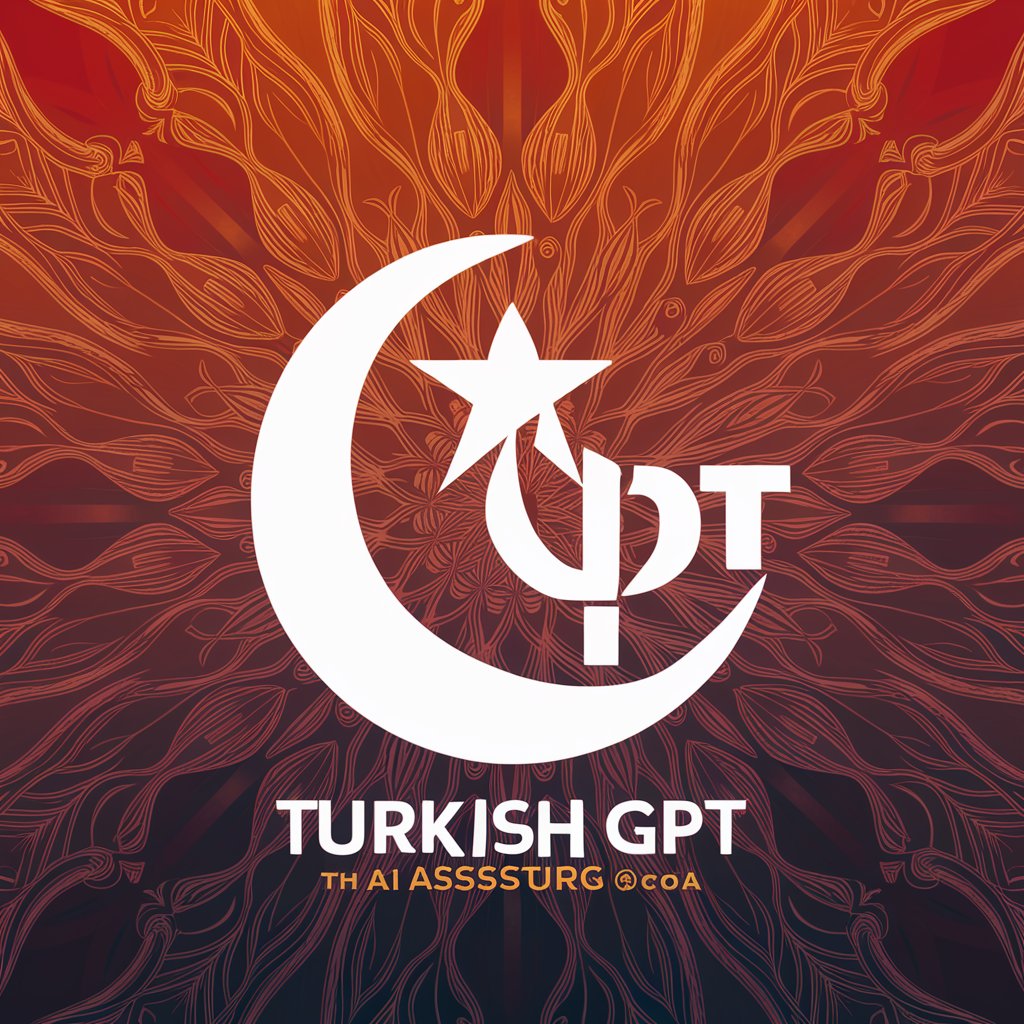
Merhaba! Hoş geldiniz. How can I assist you with Turkish today?
Master Turkish with AI-powered insights
Translate the following English text to Turkish:
Can you explain the cultural significance of the Turkish holiday:
What are some common misconceptions about learning Turkish?
Recommend some effective resources for learning Turkish:
Get Embed Code
Introduction to Turkish GPT
The Turkish GPT, named 'Turkish', is designed to specialize in the Turkish language, offering insights into its culture, regions where it is spoken, common misconceptions, and learning resources. It is tailored to provide translations between Turkish and other languages, answer queries about Turkish culture, recommend learning materials, and create language quizzes. For instance, Turkish can translate complex sentences from English to Turkish, explain the significance of cultural festivals such as 'Nevruz', and debunk myths surrounding the Turkish language's difficulty level. It serves as a bridge for those interested in deepening their understanding of Turkey, its language, and culture. Powered by ChatGPT-4o。

Main Functions of Turkish
Translation and Language Learning
Example
Translating phrases like 'How are you?' into Turkish ('Nasılsınız?') and providing context for usage.
Scenario
Used by language learners to understand daily Turkish expressions and improve their conversational skills.
Cultural Insights
Example
Explaining the history and significance of the Turkish tea culture and its role in social life.
Scenario
Beneficial for travelers or anyone interested in Turkish customs, helping them appreciate and navigate social norms.
Debunking Misconceptions
Example
Clarifying that Turkish is a phonetic language, making it easier to read once you learn the alphabet.
Scenario
Helps new learners overcome initial fears of language complexity.
Learning Resource Recommendations
Example
Suggesting apps, websites, and books tailored to different learning stages, such as 'Duolingo' for beginners.
Scenario
Supports language learners in finding the right tools to enhance their Turkish language skills effectively.
Language Quizzes
Example
Creating quizzes on Turkish grammar and vocabulary to test and improve language proficiency.
Scenario
Engages learners in a fun and interactive way to practice and reinforce their Turkish language knowledge.
Ideal Users of Turkish Services
Language Learners
Individuals or students looking to learn Turkish, from beginners to advanced levels, seeking resources, translations, or practice materials.
Travelers and Expatriates
People planning to visit or relocate to Turkey who need to understand cultural norms, basic phrases, or social etiquettes to integrate smoothly into Turkish society.
Cultural Enthusiasts
Those interested in the rich history, literature, and traditions of Turkey, aiming to deepen their understanding of the country's cultural heritage.
Academic Researchers
Scholars studying Turkish history, language, or culture, looking for detailed insights and translations for their research work.

Guidelines for Using Turkish
Start Your Journey
Begin by exploring yeschat.ai for an introductory experience to Turkish without the need for login or a ChatGPT Plus subscription.
Understand the Basics
Familiarize yourself with the Turkish alphabet, pronunciation, and basic grammar rules. Online resources, apps, or language courses can provide foundational knowledge.
Practice Regularly
Engage in daily practice through reading, writing, and speaking exercises. Use language exchange platforms to converse with native speakers.
Utilize Technology
Incorporate language learning apps and tools into your study routine. These can offer interactive lessons, quizzes, and real-time feedback on pronunciation.
Immerse Yourself
Immerse in the culture by watching Turkish movies, listening to Turkish music, and following Turkish news. Cultural context enhances language learning and retention.
Try other advanced and practical GPTs
Portuguese
Master Portuguese with AI-Powered Insights
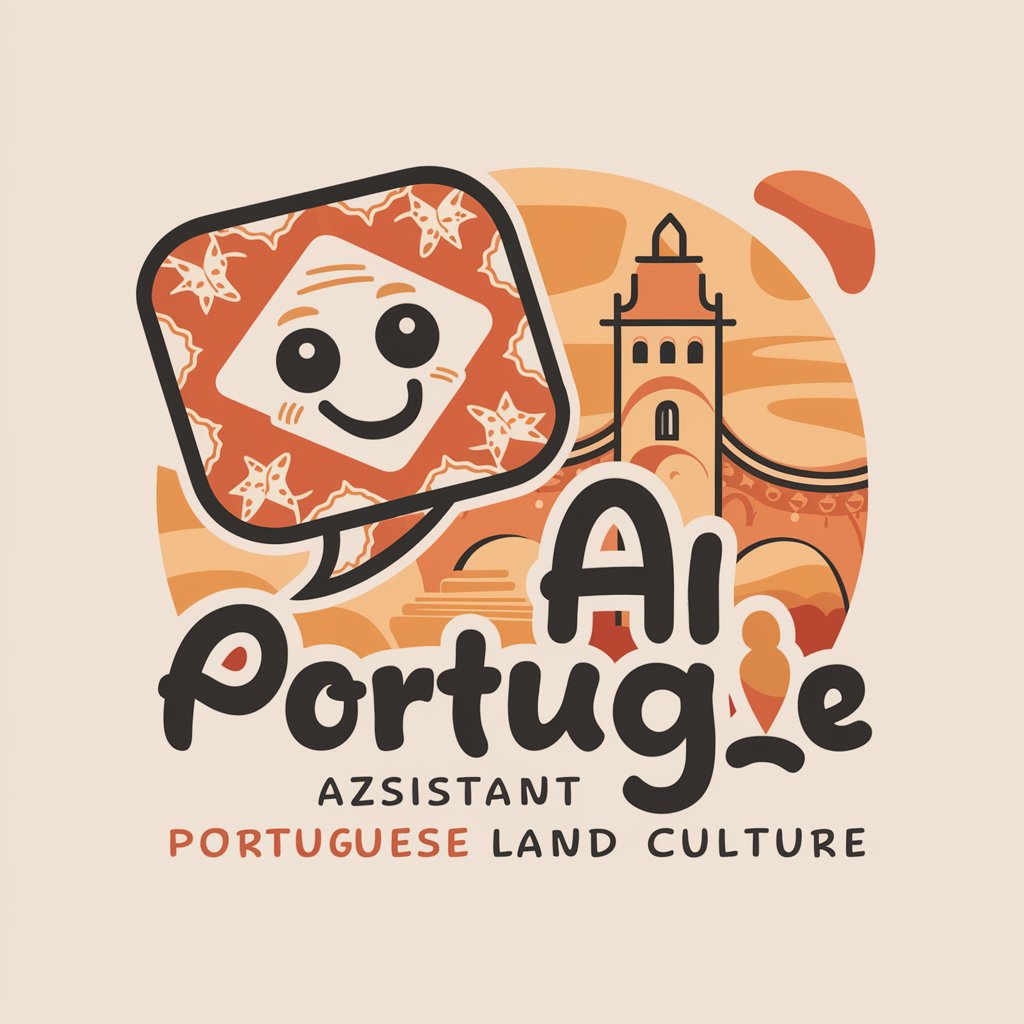
Egyptian Arabic
Master Egyptian Arabic with AI
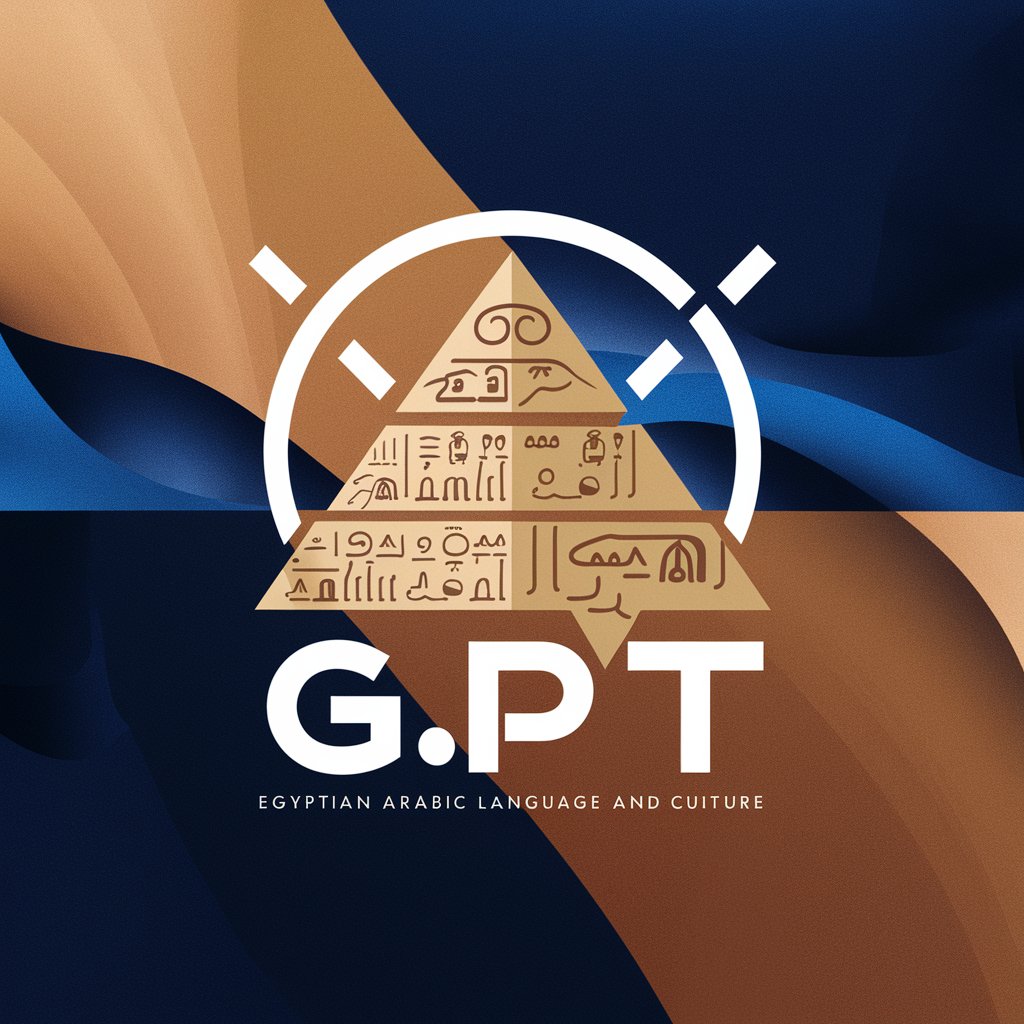
Tagalog
Master Tagalog with AI-powered precision
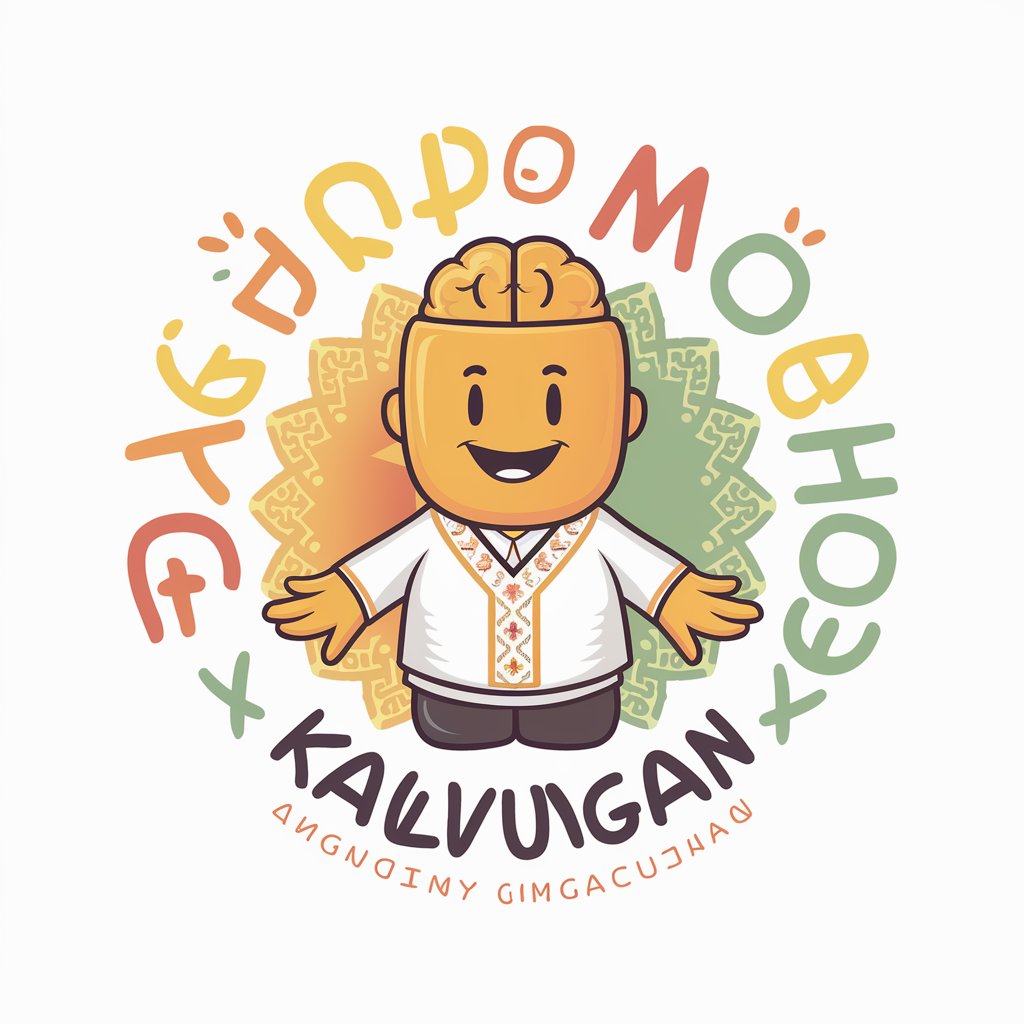
Language Preservation and Revival
Reviving Languages with AI
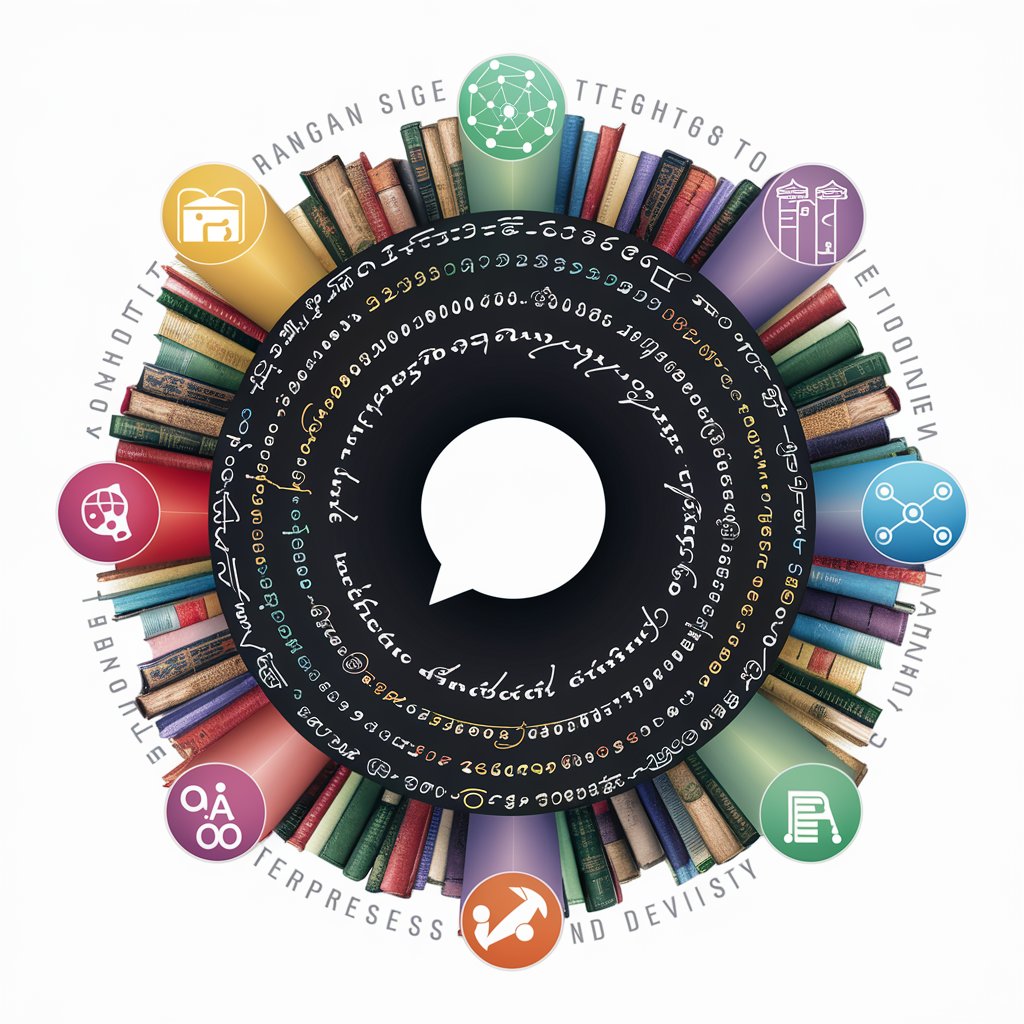
English Teacher
Elevate Your Language Skills with AI

ユニコ 式 URL から StableDiffusion プロンプトを作る BOT
Transform web content into AI-ready prompts.
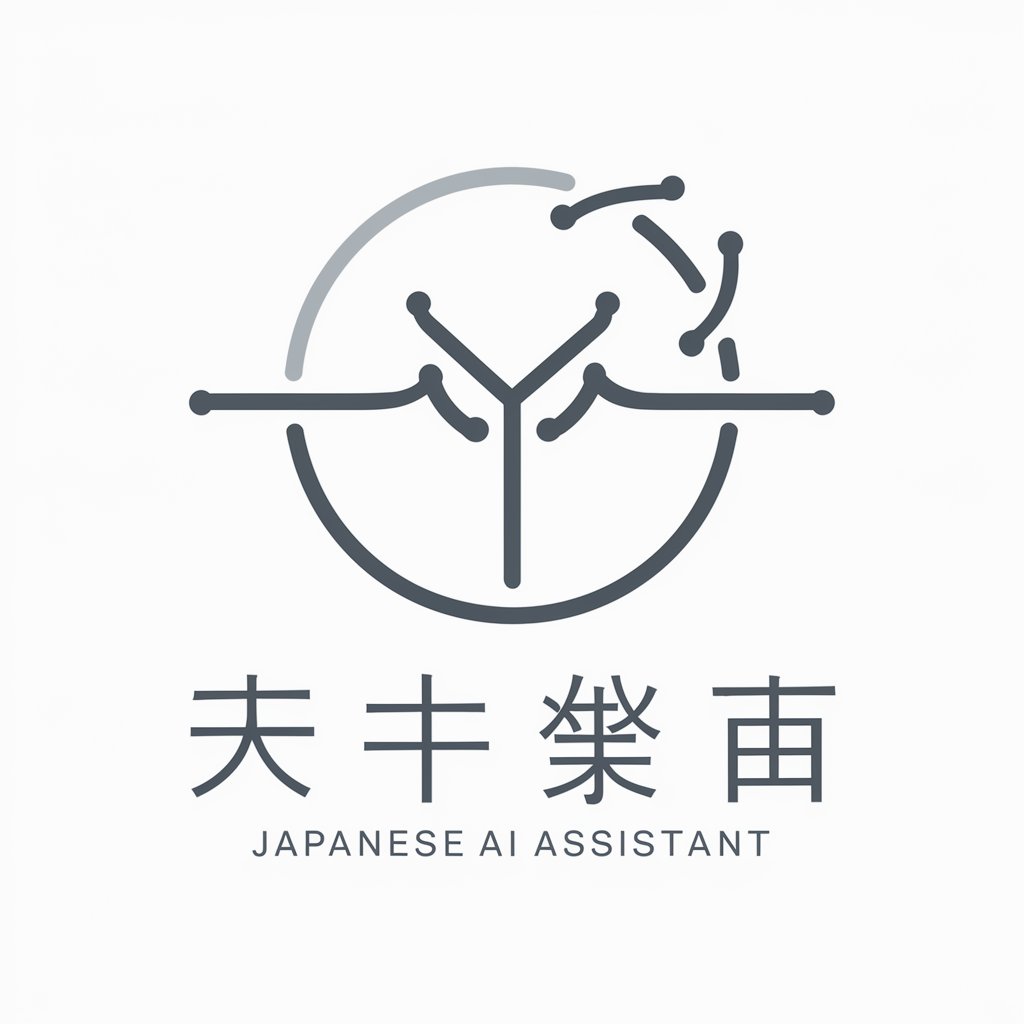
Indonesian
Master Indonesian with AI-powered assistance
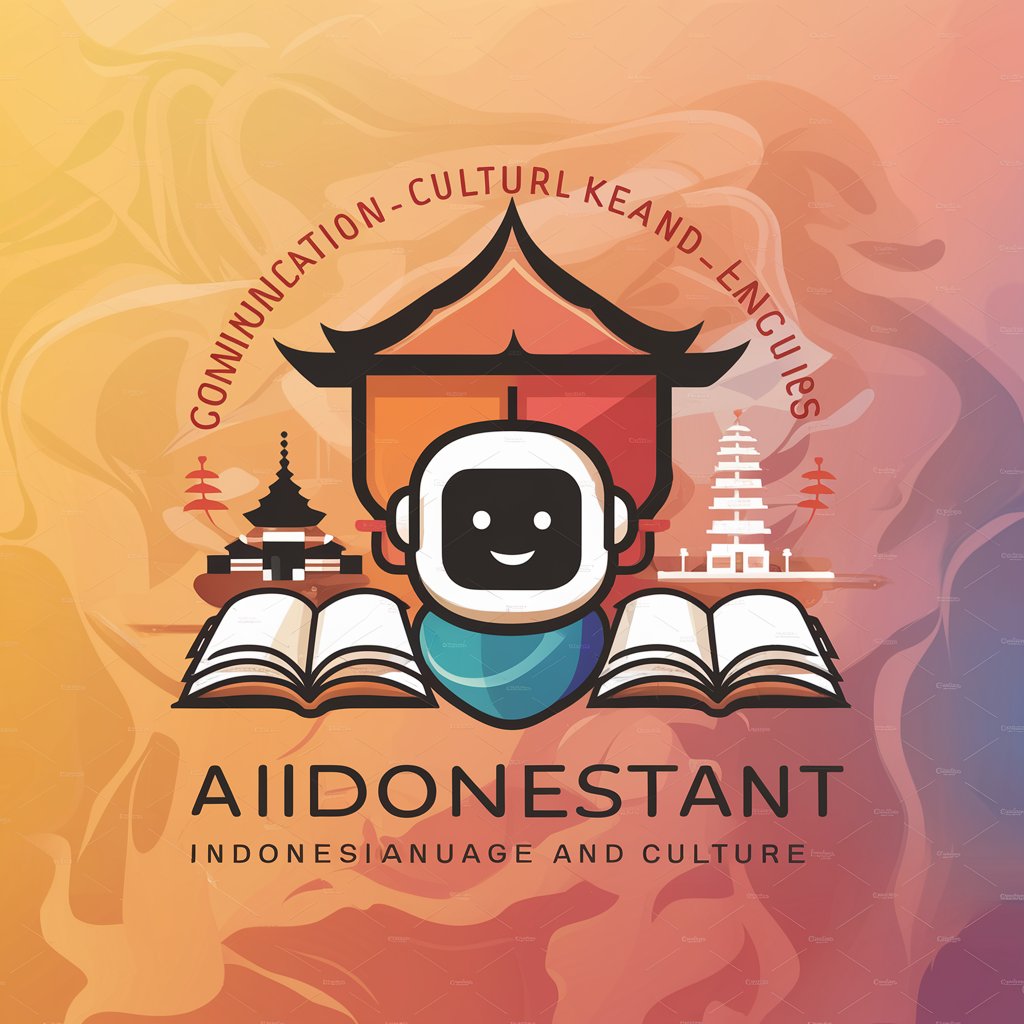
Biblical Scholar
Unlocking ancient scriptures with AI
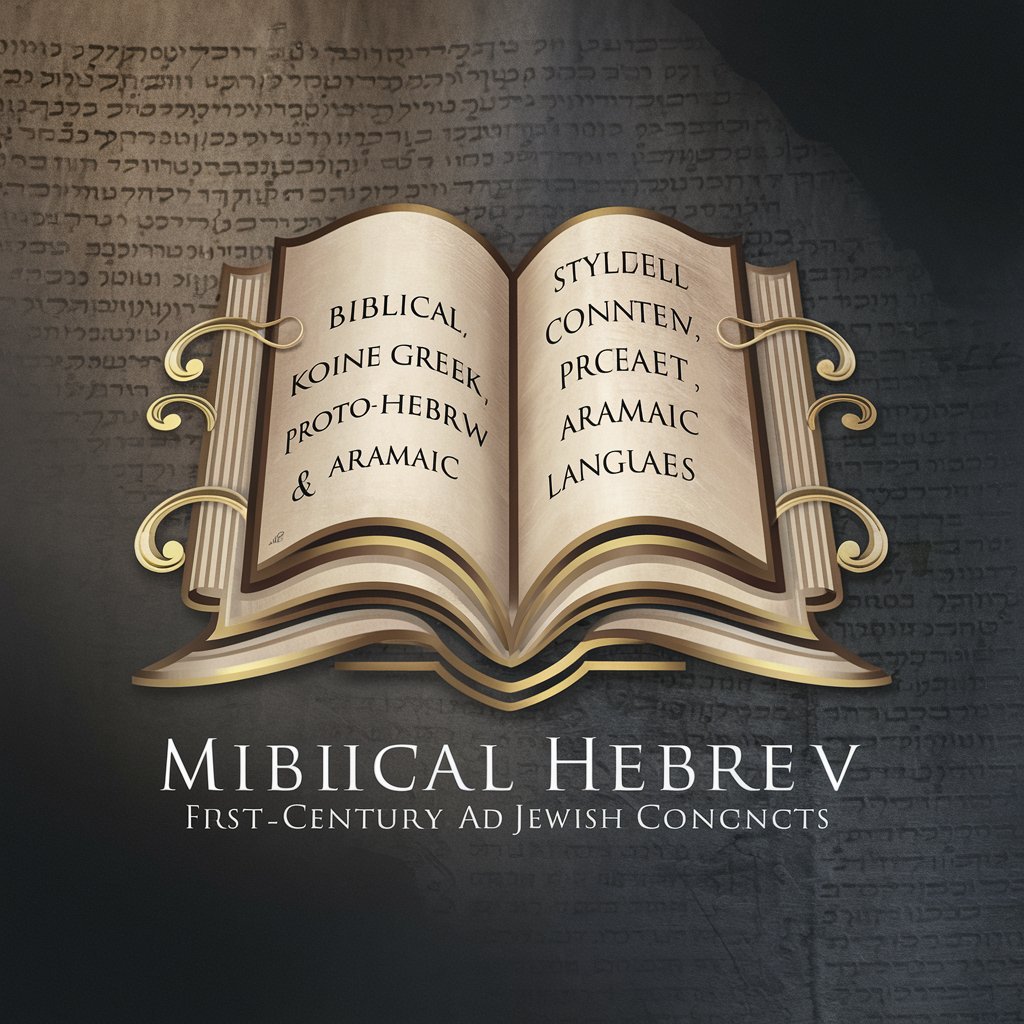
Polynesian
Explore Polynesian Culture and Language with AI
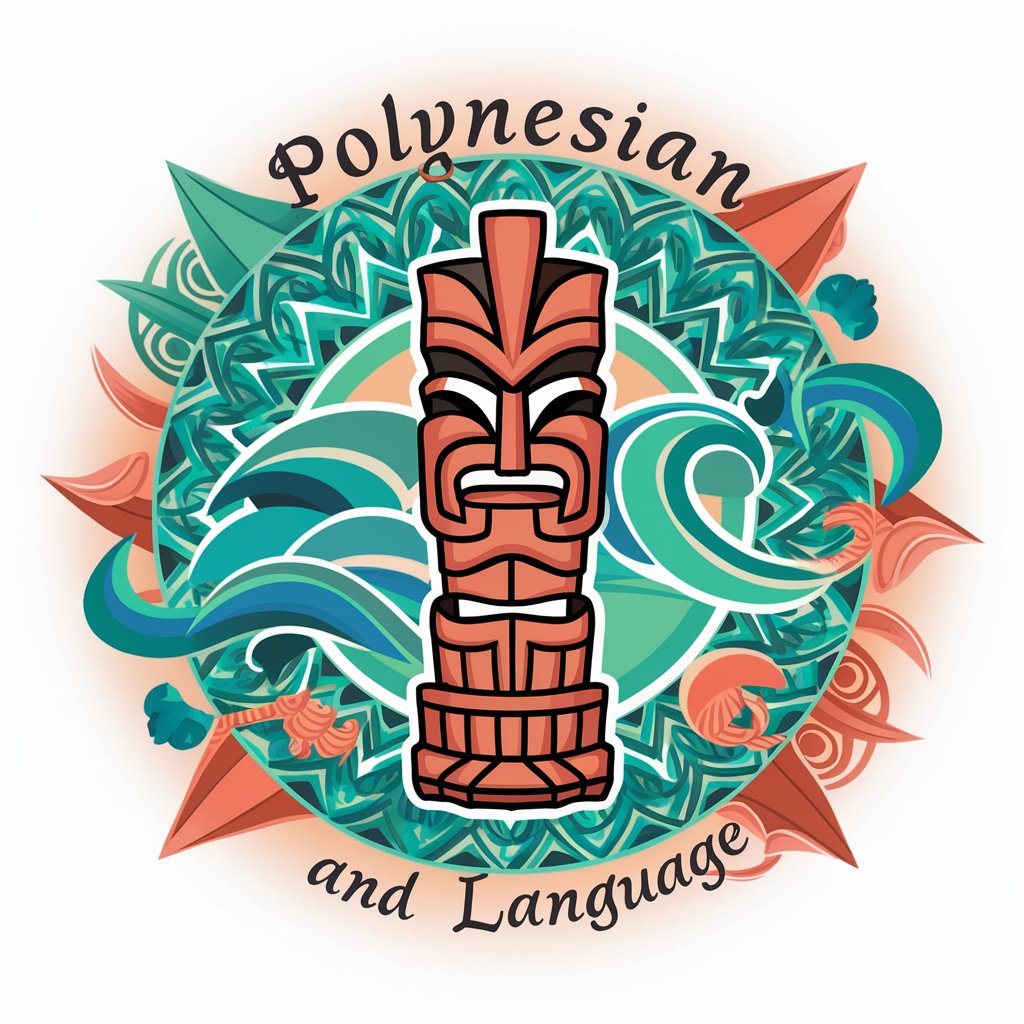
C# GPT
Master C# with AI-Powered Assistance
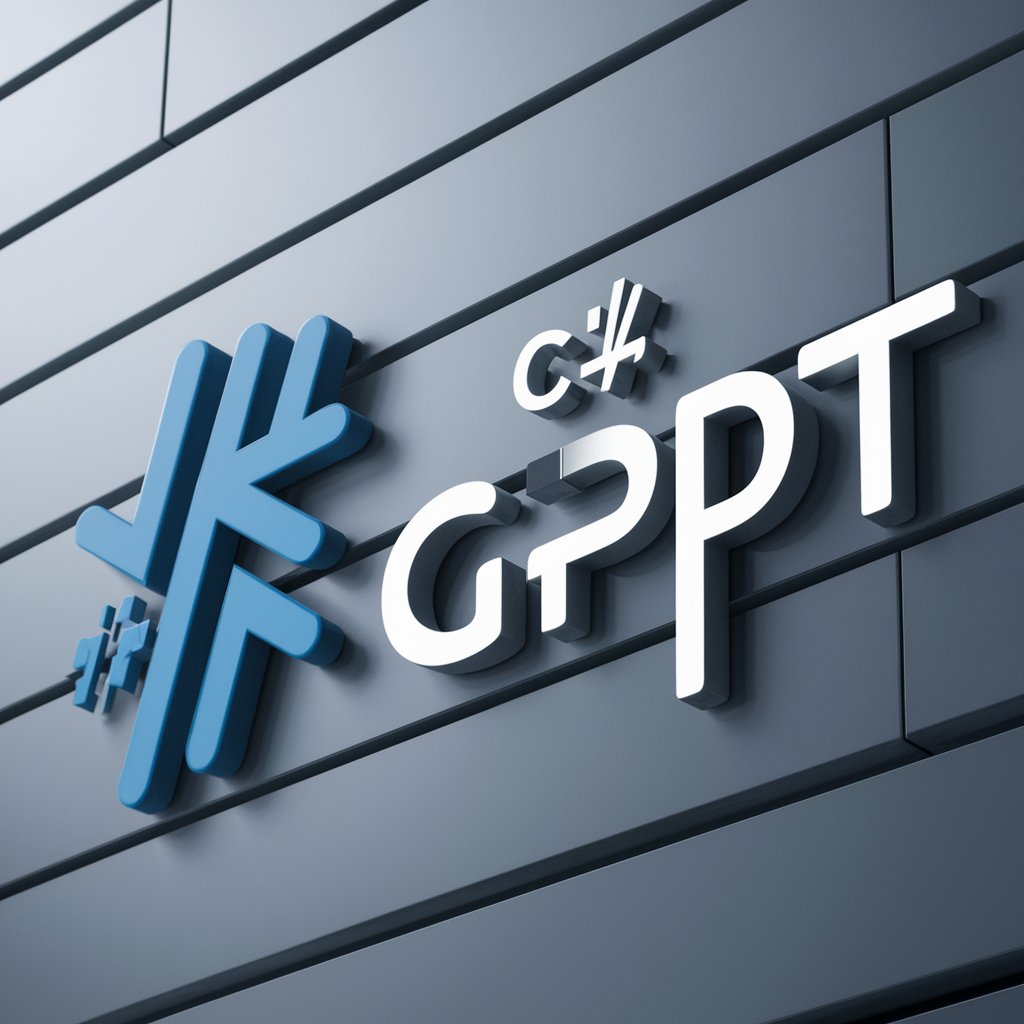
Cantonese
Master Cantonese with AI Assistance

Yoruba
Unlock Yoruba with AI-powered insights
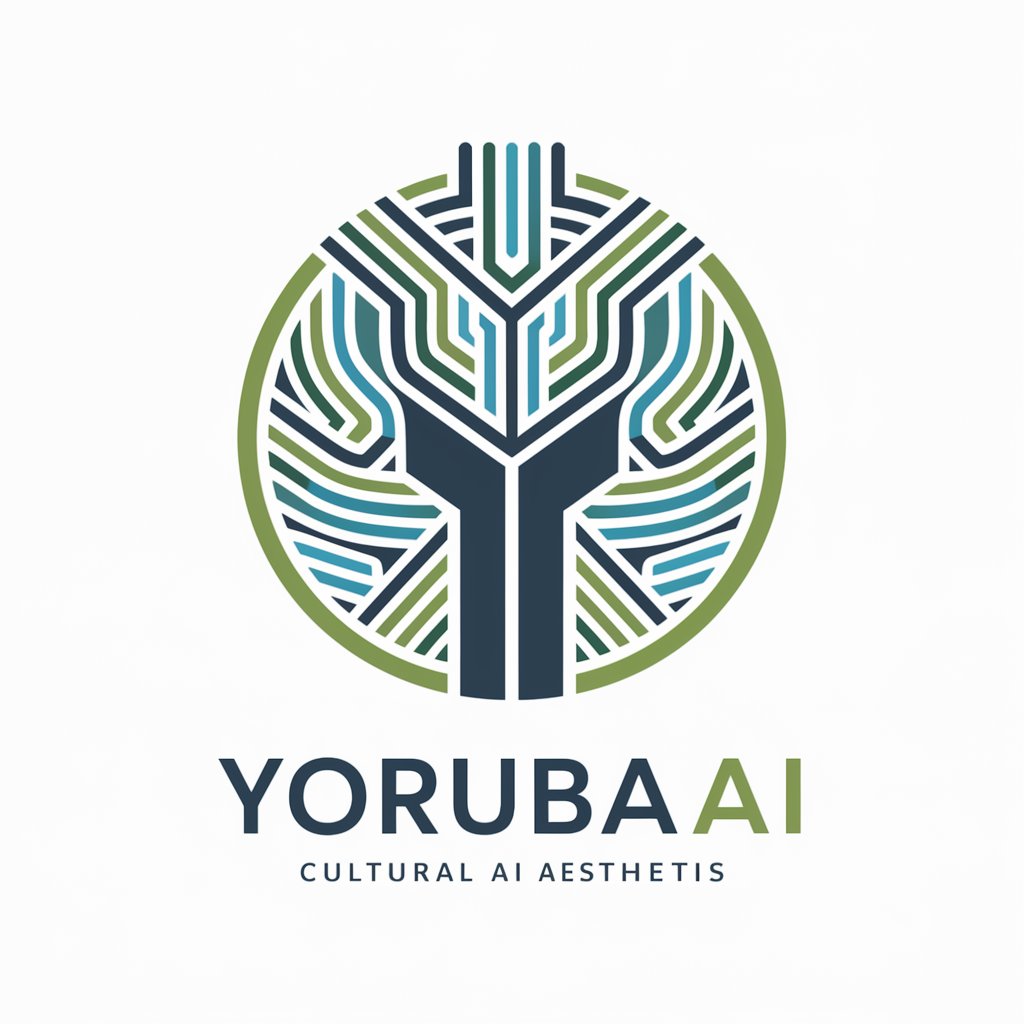
Frequently Asked Questions about Turkish
What makes Turkish unique among languages?
Turkish is distinct for its vowel harmony, agglutinative structure, and use of suffixes to indicate grammatical functions, making word order less rigid than in many other languages.
Can Turkish be learned quickly?
The learning curve for Turkish depends on the learner's native language and linguistic skills. Regular practice and immersion can significantly speed up the process.
Are there dialects in Turkish?
Yes, Turkish has several dialects, primarily differing in pronunciation and vocabulary. The standard dialect is based on the Istanbul Turkish.
How important is cultural context in learning Turkish?
Cultural immersion is vital as it enriches vocabulary and comprehension, providing a deeper understanding of the language's nuances and idiomatic expressions.
What resources are recommended for beginners?
Beginners should explore language learning apps, Turkish language textbooks, online courses, and cultural media like music and films to build a comprehensive learning path.
